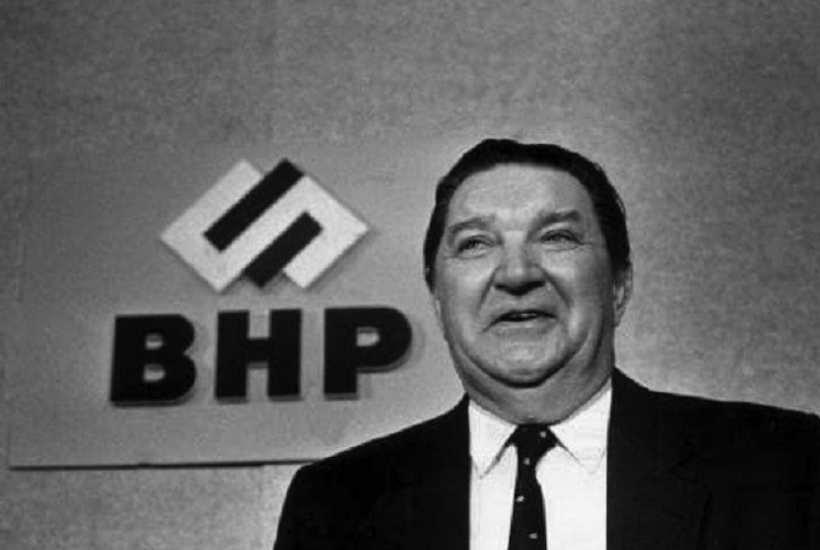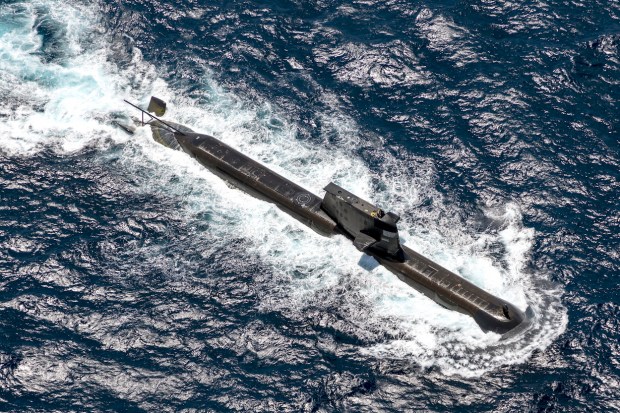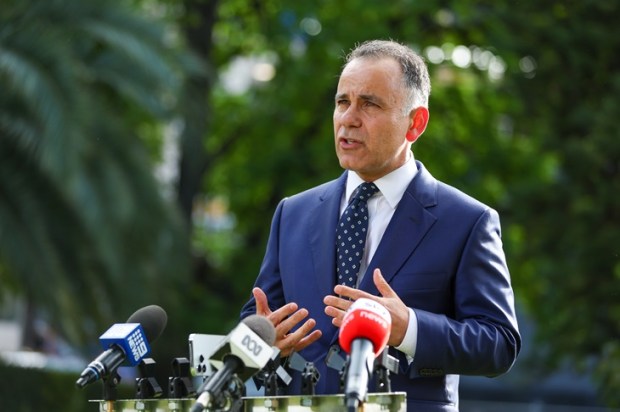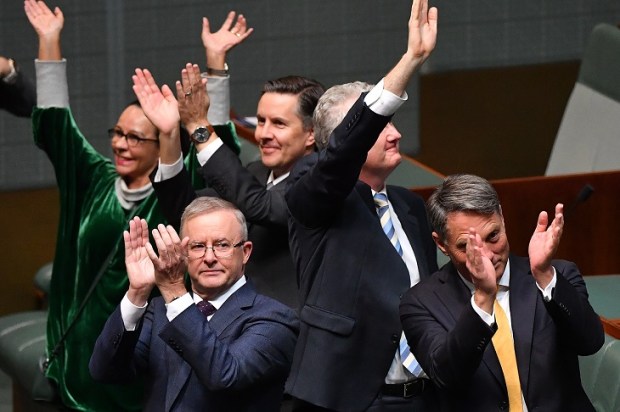Having reached the pinnacles of their profession, business leaders have earned the right to speak with authority and have become accustomed to having that authority recognised. Their success stems from mastering the intricacies of their own firm: what to buy and sell, how to make savings, what product innovations to adopt and so on. But these skills rarely metamorphose into political leadership – indeed Donald Trump might be unique in this respect among world statesmen.
A key reason for this is that business leaders have one overriding goal, maximising the wealth of their shareholders, whereas political success measures are diffuse.
Not having time to master wider political issues, business leaders tend to relate national interests to those of their firm, immortalised as “What’s good for General Motors is good for America”, in the (misquoted) words of a former GM president. Beyond this, business leaders adopt the philosophy of other elites. In today’s world, the focus is on the green issues currently dominated by energy but also, in Australia, includes “saving” the Great Barrier Reef, Aboriginal disadvantage, and loss of species.
Business leaders see their positioning within the political arena as having become more urgent in the context of a ferocious glare of consumer and shareholder activism which, day-by-day, can slice millions of dollars from shareholder wealth. Responding with virtue signalling statements is a strategy to mollify activist observers and helps to deflect a stylised cold-hearted profit-oriented image. Firms, like single antelopes in a herd confronted by predatory lions, do not want to be those most vulnerable to the well-funded campaigns of NGOs like Market Forces and the Australasian Centre for Corporate Responsibility. NGO campaigns find sympathy among many of the representatives of institutional funds that dominate many Australian firms’ share registers.
COVID-19 has given fresh impetus to virtue signalling. In spite of the collapse of the global economy this has caused, rather than looking to cost savings that may help recovery, there are calls for imposing additional costs, particularly on energy supply. Sometimes this is under the mistaken view that fossil fuel supply is or soon will be more expensive than wind, solar or hydrogen, the much-hyped politically correct energy sources that, over the past four decades, have failed to live up to the claims made for them.
So, we have an international Energy Transitions Commission — ETC — calling for government “to build a healthier, more resilient, net-zero-emissions economy, that drives sustainable economic prosperity”. As well as economic mystics and representatives of firms seeking subsidies, ETC signatories include Shell, BP, Rio, Alliance and HSBC.
National business associations promote the same agenda. The head of the Business Council opined, “Every dollar we invest in energy, should be a dollar towards a lower carbon economy”. Innes Willox, chief executive of the Australian Industry Group, also calls for renewable subsidies as part of the government’s spending spree. Predictably, agitators for renewable subsidies at The Clean Energy Council claim that new beaut subsidies for renewables we could create 50,000 new jobs.
And, naturally, the position is supported by Malcolm Turnbull who twice sacrificed his political career on the altar of climate alarmism.
In contrast to today, for a period in the 1980s and 1990s in Australia, deregulatory reform became the received wisdom and overarching objective among those regarded as the intellectual elites.
Politically, for Australia, a catalyst was reforms by a New Zealand government under a Labour Party, essentially headed by Roger Douglas. This was a demonstration (initially seen in Chile under, of all things, a military dictatorship) that less government could reignite a failing economy. The lesson was grasped by the Australian Labor Party, which energized by a new Hawke and Keating leadership, also succeeded in bringing unions into the reform fold and forged a co-existence of economic deregulation with social progressivism.
Politicians were encouraged into favouring deregulatory reform and eventually competition reform and privatisation by the changed perspective on the part of business leaders. Among these were Western Mining’s Arvi Parbo and Hugh Morgan (armed by the legendary Ray Evans), together with Rio’s John Ralph, and Ian McLachlan and Don McGauchie from the National Farmers Federation.
That era is now gone. Businesses favour deregulation only in the abstract. Western Mining is now part of BHP, headed by long-time global warming activist Mike Henry. John Ralph’s successor, Jean-Sebastien Jacques is also an ardent global warmist, incongruously converted to the cause by observing the local air pollution in India! And the NFF campaigns for greenhouse policy subsidies for its members, acquiesces in the taking of irrigation water from farmers and rails against animal cruelty.
Business success is dominated by iron laws of profit. Those leaders who implement measures that veer too close to the quicksands of virtue signalling will be swallowed by it. For their part, politicians would be best advised to pay little head to the increasingly discredited voices of politicised business and concentrate on reducing their own costs and the regulatory costs they impose on firms and individuals.
Alan Moran is with Regulation Economics. His latest book is Climate Change: Treaties and Policies in the Trump Era.
Illustration: Wikimedia Commons.
Got something to add? Join the discussion and comment below.
Got something to add? Join the discussion and comment below.
Get 10 issues for just $10
Subscribe to The Spectator Australia today for the next 10 magazine issues, plus full online access, for just $10.


























Comments
Don't miss out
Join the conversation with other Spectator Australia readers. Subscribe to leave a comment.
SUBSCRIBEAlready a subscriber? Log in